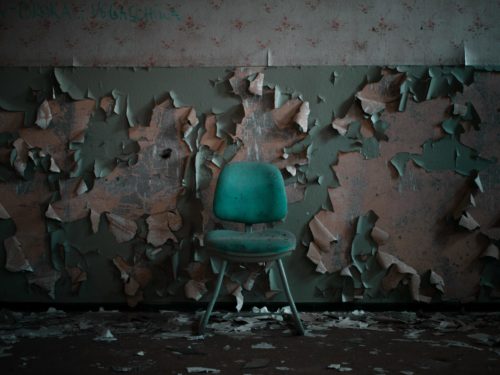The rise of #metoo is more than just a trending hashtag and media story. It is ripping the lid off a culture marked by sexual exploitation and assault. It is a call for that culture to change, but how?
Stories of sexual assault are not new. Nor is it new for me to address them here. In the past, I’ve written about sexual assault, specifically advocating for victims and condemning the common Christian practice of trying to address assault in house.
Sexual assault and harassment are a very real and sickening part of the world we live in, and #metoo should be more than a movement to call that out.
The current movement is drawing attention to the problem and eradicating the shame, fear, and culture of silence that surrounds sexual harassment and assault.
That’s good. That needs to be eradicated. Victims should feel safe to come forward immediately after something has happened. They should know they will be protected. None of this, “Let’s put you in a room with the person you are accusing and get to the bottom of this” nonsense.
Recommended Read: “Not Marked: Finding Hope & Healing After Sexual Abuse” by Mary DeMuth
But eradicating fear, shame, and silence is only one part of the problem and will not actually solve the problem. All it will do is make the problem appear more prevalent.
Now, instead of cat videos, news feeds are cluttered with #metoo and #churchtoo stories. Some friends have even gone so far as to assume most of the stories are made up by attention-seeking women out for vengeance. I disagree with that assessment entirely.
If the problem of sexual harassment seems overwhelming, that’s because it is, and we need to take an honest second to ask ourselves why.
I have a theory, and it’s just that, a theory, but I would say a sex-consuming culture plays a pretty key role.
Other groups have shown how porn fuels a culture of sexual violence and how pornography ties in with sexual exploitation. I don’t think it’s too far of a stretch to say the stories we are seeing now are influenced in part by a culture in which pornography consumption is ok.
This is no war on men; it’s simply reaping what we’ve sown as a cultural system. We’re living in a culture shaped by sexual extremes that turns people, and the most intimate parts of who they are, into commodities.
We’ve spent decades as a culture using people sexually. Pornography on one hand and, on the other, a popular prevailing Christian approach that casts Godly Christian wives as some sort of sex slave. As a culture, we believe we deserve sex and can demand sex, so as a culture, we pillage, plunder, and steal sex.
What you’re seeing now is that line being beat back. It’s a “counter attack.” It’s a cry for boundaries, accountability, and justice.
The problem is: this won’t ultimately change the culture. It has every bit of potential to help but could also further poison the water.
[Tweet “What we need, as a culture, is to fix the idea that sex is a commodity.”]
People are not something we can buy, own, or steal.
There’s a generation of girls coming through the ranks who feel sex is something they owe the guys around them. They’re consuming pornography at the same rate as their male peers. They’re being sexploited. They’re being taught, “This is what it means to be a woman.”
The #metoo movement 20 years from now will be less about “he did this to me” and more “I did this and now I regret it but I didn’t know I could say no.” No man is going to exploit them. Instead, they will willingly exploit themselves.
We don’t just want a culture where there’s consequences for actions. We don’t just want victims to have a voice. We want a culture where assault is rare not because you’ll lose your job, but because you recognize people have worth and dignity.
 Join me and 40 other experts in the field of sexual integrity for this timely virtual conference focused on healing and community.
Join me and 40 other experts in the field of sexual integrity for this timely virtual conference focused on healing and community.
We want a culture where harassment, assault, and exploitation are not normal.
Where we aren’t buying people online and on street corners for our pleasure. Where we don’t assume all advances are welcome.
Let’s recognize the movement for what it really is. It is not a war on men, but a call to change a culture shaped by exploitation. To change that, we have to talk about how we view sex, how we consume sex, and how we, ultimately, consume each other. Pornography is very much a part of this conversation. If we ignore that, we’ll be living through a #metoo cycle every 10-15 years.
If we’re going to fix it, let’s not simply patch it; let’s rip tear this thing up from the roots, and do it right.





